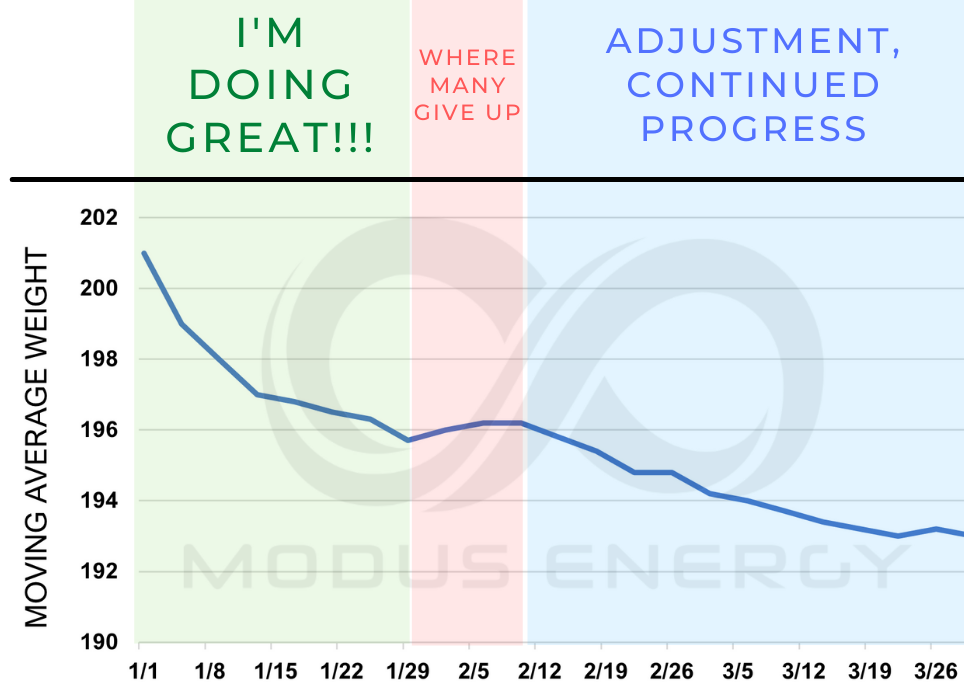

Consequently, women face issues with their ovaries like menstruation cycle abnormalities. PCOS throws your reproductive hormones completely out of balance. Sometimes the women with PCOS don’t even have any cysts at all, so don’t take the word ‘polycystic’ literally, as PCOS may or may not involve any cysts. You can be treated for PCOS symptoms, and you can even get pregnant by trying different available methods. Women who conceive despite having PCOS have a higher risk of gestational diabetes, miscarriage, premature delivery, and preeclampsia. Moreover, PCOS has become the most common reason for infertility issues in women as it prevents ovulation.

It may also result in unwanted hair, acne, increased levels of androgen, irregular and unpredictable periods, obesity, and other health conditions like heart diseases, diabetes, high blood pressure etc. These fluid-filled sacs or cysts, although harmless, are often the cause of unbalanced hormonal levels. Because of the hormonal disorder, small cysts grow on the ovaries. Polycystic Ovary Syndrome is a hormonal endocrine disorder, which results in infertility issues in women. PCOS is also associated with the onset of various other health conditions from high blood pressure and cholesterol to insulin resistance, type 2 diabetes and even heart diseases. This disorder includes the development of sac on the ovaries that are filled with fluid accompanied by hormonal imbalance as well as metabolism issues. Polycystic ovary syndrome (PCOS) is a hormonal disorder associated with the endocrine system that is found in around 10% of women during their fertile years.


 0 kommentar(er)
0 kommentar(er)
